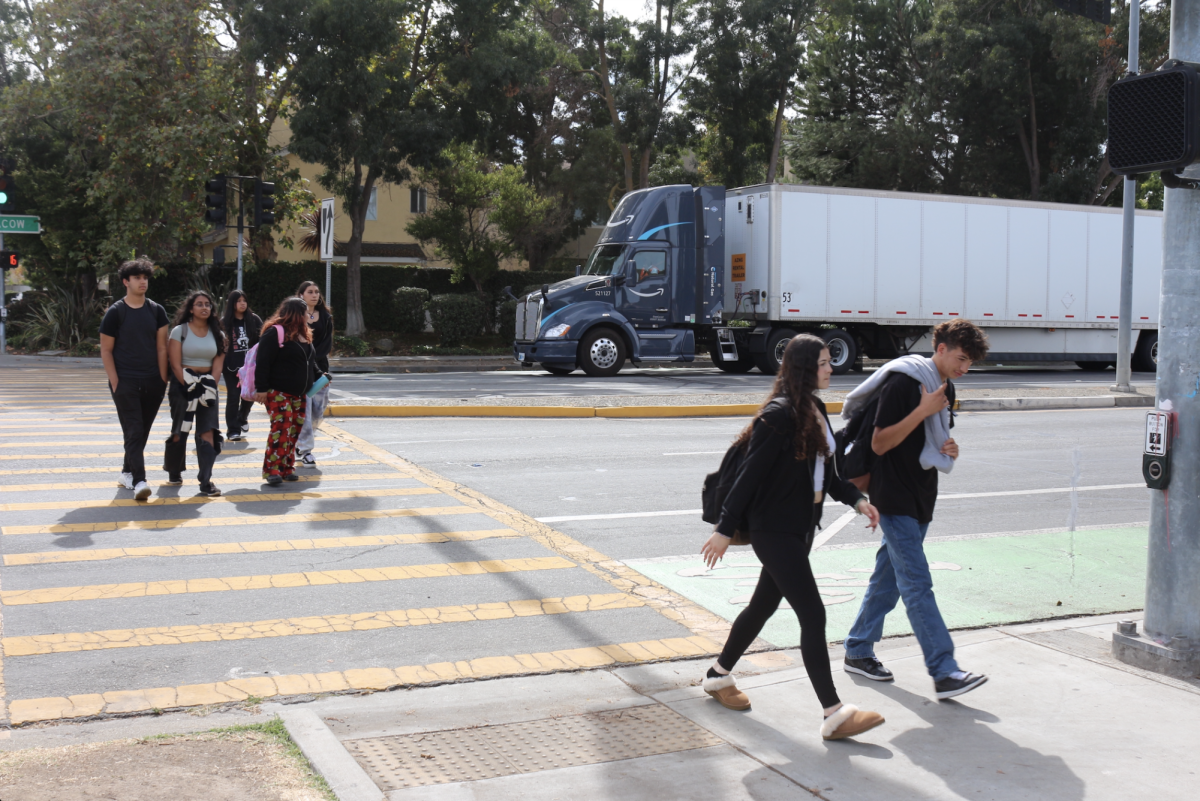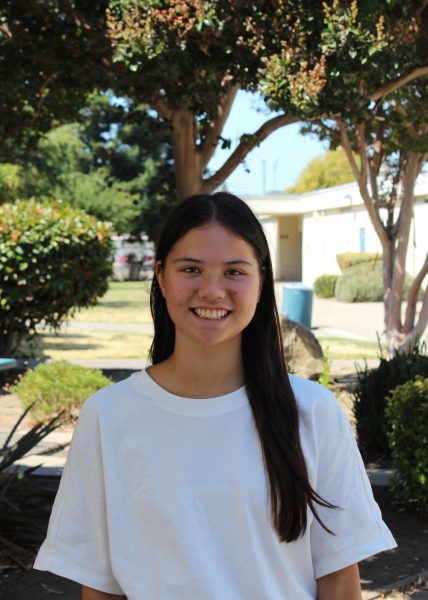Many Irvington students have encountered the strictness of the seemingly new tardy policy firsthand during this school year with automatic detentions for being late to first or fifth period.
The policy, implemented at the district level, was not heavily enforced to this year’s extent in previous years. Mr. Hicks, Irvington High School’s principal, states that “Last year, students would come walking in ten to fifteen minutes late every day and staff were very lax in enforcing [the tardy policy].” Thus, per the suggestion of the Accrediting Commission for Schools (WASC) in the audit last year, the Irvington administration significantly tightened its enforcement of these rules.
Many people believe that this is new when in fact, the 2022 Student Handbook clearly states that “tardies after lunch are an automatic detention, no exceptions” and “Administration reserves the right to assign detentions for excessive tardiness,” an agreement that was acknowledged and signed by students and parents at the start of the year.
Students who are late to their first period will receive detention, which parents can then dismiss, though the tardy will remain on their record.
Mr. Hicks, Irvington’s principal, states, “Of course, we understand there are going to be certain situations that come up which is why parents can call to excuse the detention.” On days when traffic is particularly bad or it is raining heavily, the administration may make exceptions to their policy. Despite these exceptions, he argues, “Most of our tardies are just people not waking up on time.”
Under this stricter policy, while parents can excuse the morning detention, the same rule does not apply to tardies after lunch periods. “Students have the luxury of being able to leave campus for lunch,” Mr. Hicks states, “But then we found out that students were coming back whenever they wanted to.” Therefore, the decision for inexcusable detentions for tardiness to classes after lunch was implemented.
Most teachers support this change. One of Irvington’s AP Government teachers, Ms. Fields, describes in reference to previous years that, “I would enforce [the policy] a lot, but learned that [other teachers] weren’t. As a result, no one was getting any consequences.” She elaborates, “Attendance clerks can’t punish one student for coming in late when another student late by the same amount will receive no consequences.” Nonetheless, she is grateful for the enforcement of the tardy policy this year: “I’m not distracted by kids coming in late and overall it’s a lot less disruptive for me.”
Phi Chanda (12), recently received a detention after tripping 2 feet in front of Ms. Field’s classroom as the bell rang. While they understand Ms. Fields’ enforcement of the policy in this situation, they believe that the detention system is inherently ineffective. Phi describes detention stating, “I didn’t think it was productive. I know some people in the back were just playing video games and talking. The teacher yelled at us a few times, but no one really cared.” They elaborate, “I’m not typically late so it’s not like I needed to be taught anything, and I don’t feel any different after [the experience].”
Despite some students’ concerns about this enforcement and its consequences, the policy seems to still be effective to a certain extent. Mr. Hicks notes, “We’ve seen a huge, huge turnaround: Students are on time: we even see them running to class.”












